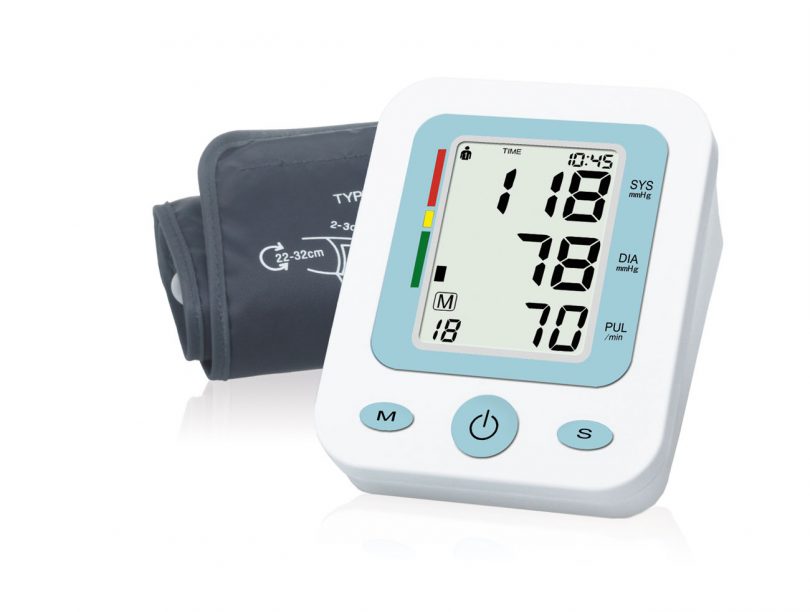You don’t need to go to your doctor to check your blood pressure. Checking your blood pressure can be useful; it can allow you to check if your blood pressure is at a normal rate. Going to the doctors for a blood pressure check-up can also be a good idea, however, your reading is usually higher when at the doctors due to ‘white-coat hypertension’.
The best blood pressure monitors:
Some blood pressure monitors are better than others, it’s recommended to avoid the wrist blood pressure monitors as they are usually far less accurate. The upper arm blood pressure monitors are the most accurate and are usually less expensive.
Before you check your blood pressure:
Before you take your reading you should ensure that you are calm and relaxed, take a few minutes sitting in a chair in a calm environment, a good time to take your reading is shortly after you have awoken from sleep in the morning. You should take your blood pressure reading at the same time every day. Ensure you have been to the toilet and haven’t had a cigarette, alcohol, exercise or a caffeine drink shortly before.
Things that can temporarily increase blood pressure:
Stress / anxiety
Smoking
Cold temperatures
Exercise
Caffeine
Certain medicines
Pregnancy
Taking your blood pressure reading:
Begin by placing the blood pressure cuff in the middle of the arm, it should be on tight, you should still be able to fit your little finger under the cuff. The arrow on the cuff should line up with your artery. Now you should sit up straight and relax, rest your arm on a flat surface at the level of your heart. Press the start button and wait for the cuff to tighten and take the reading.
Understating your blood pressure reading:
Systolic Pressure (Top Reading) – Anything around 120 or below is a good reading. Anything over 140 could indicate hypertension.
Diastolic Pressure (Second Reading) – Anything around 80 or below is a good reading. Anything over 90 could indicate hypertension.
Pulse (Bottom Reading) – 60 to 100 beats per minute is normal. This number is likely to be less for athletes.







